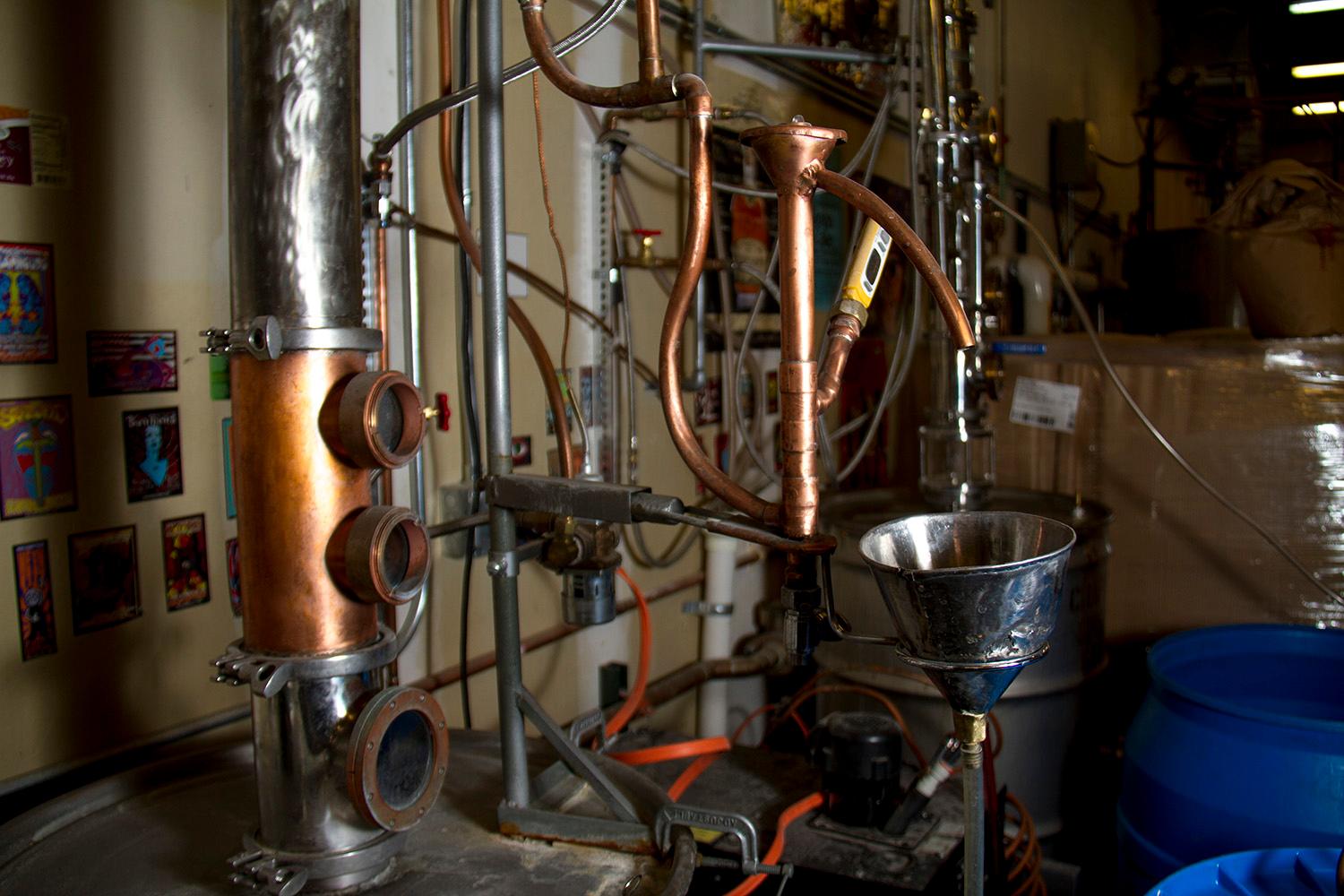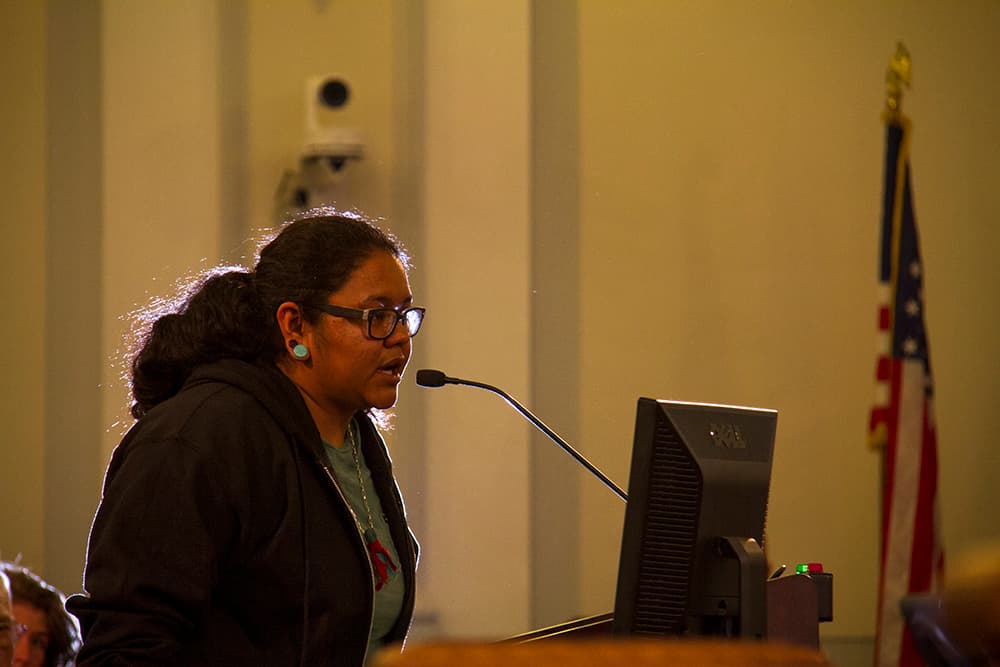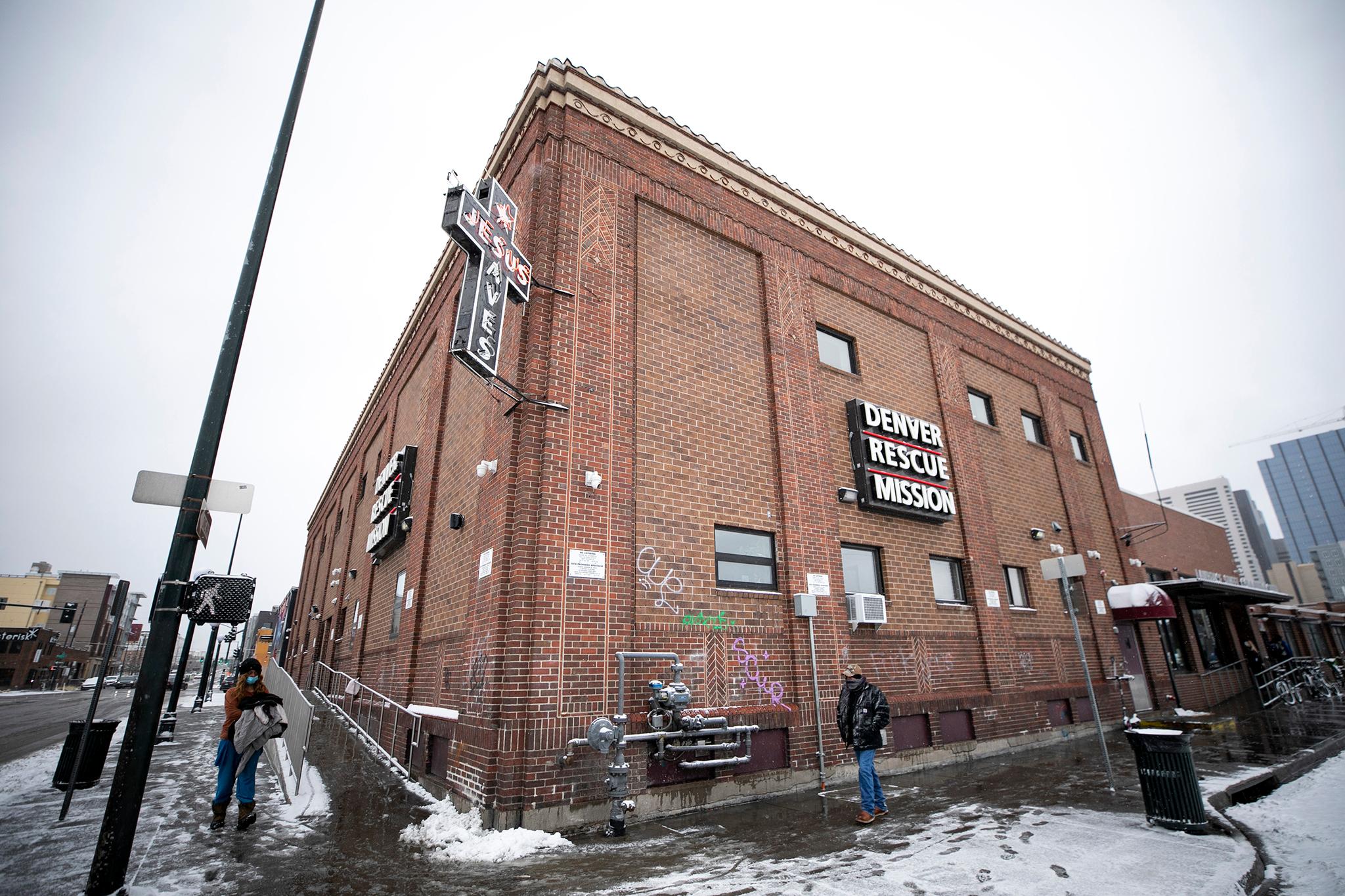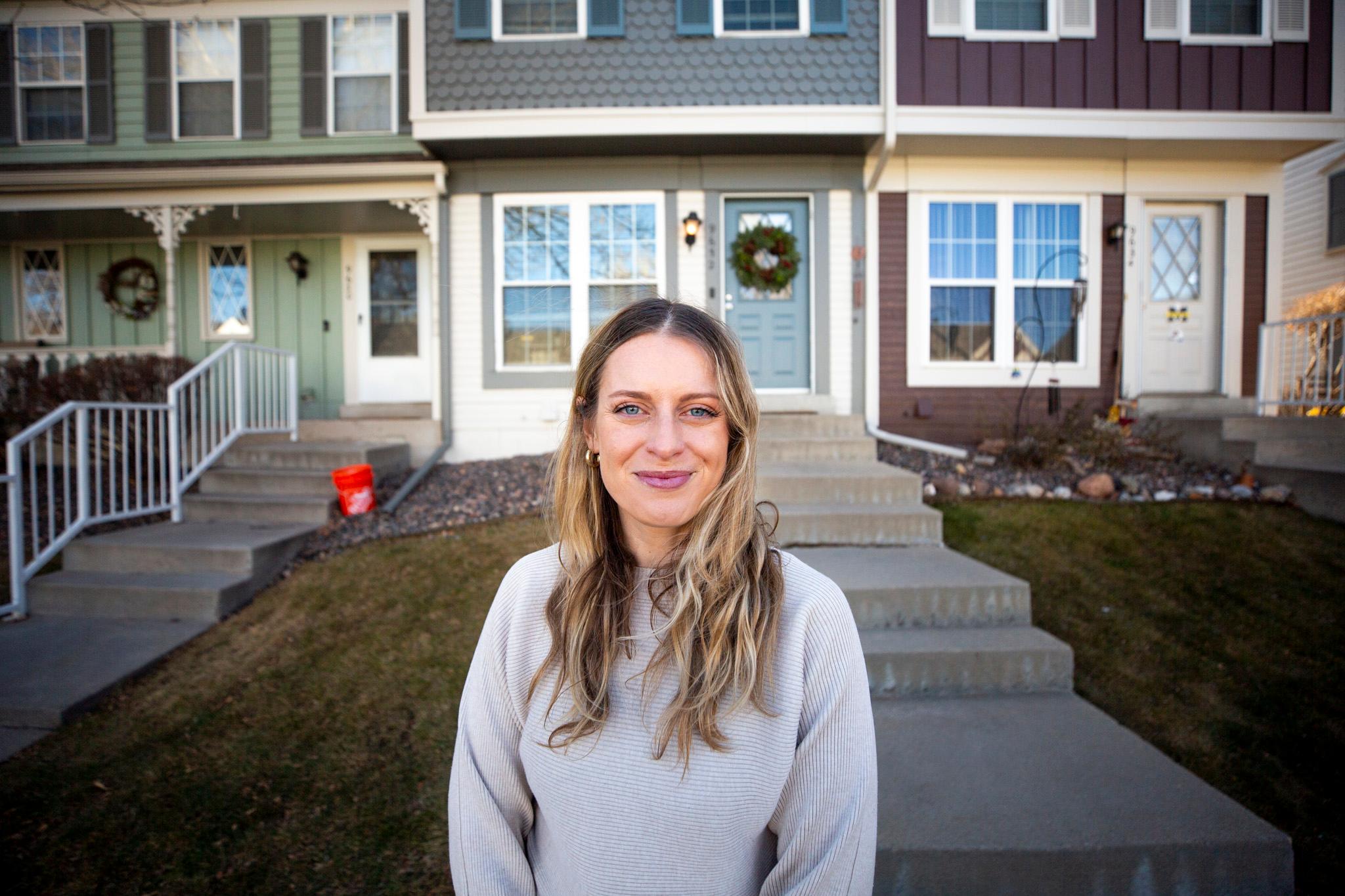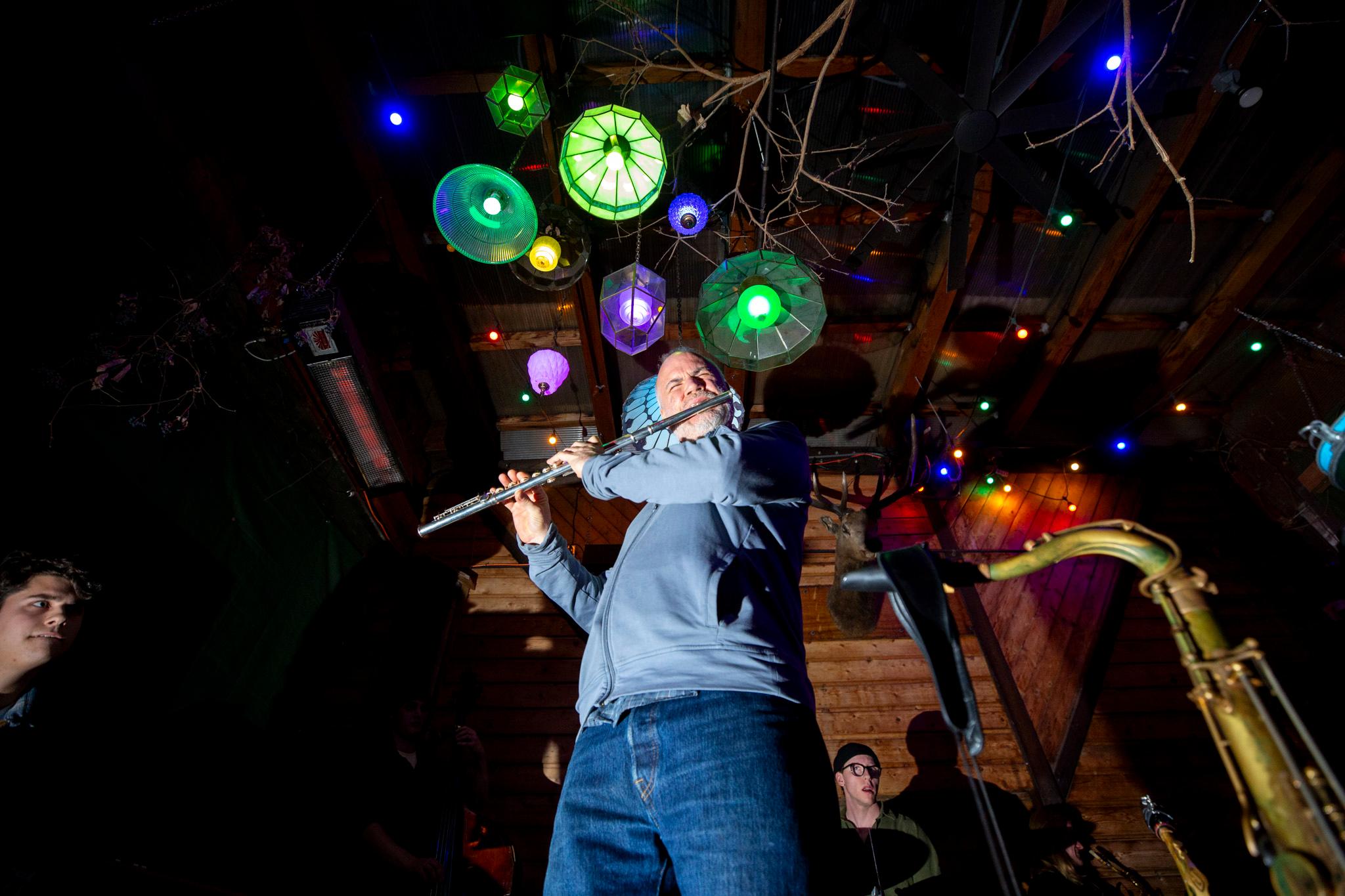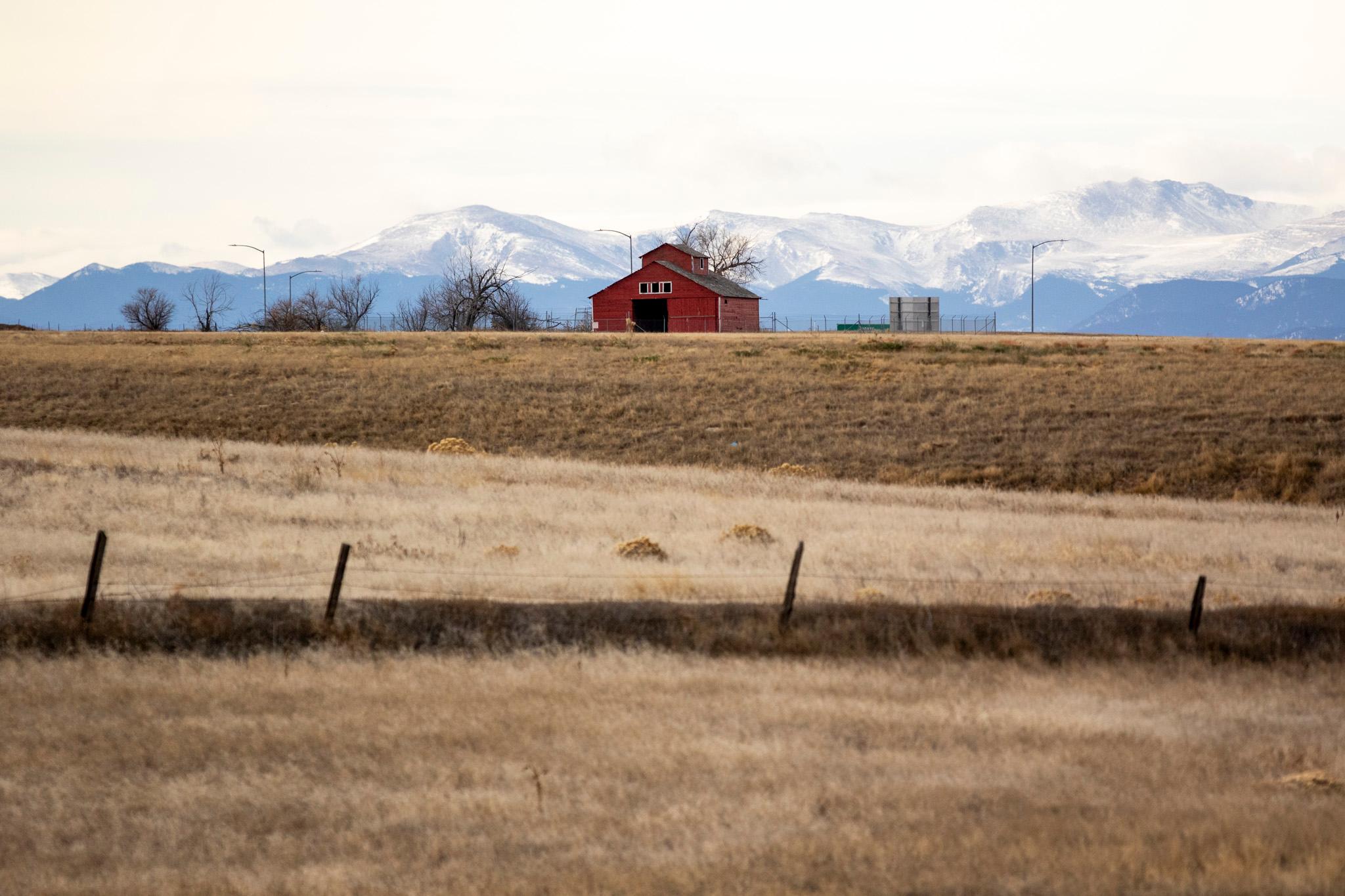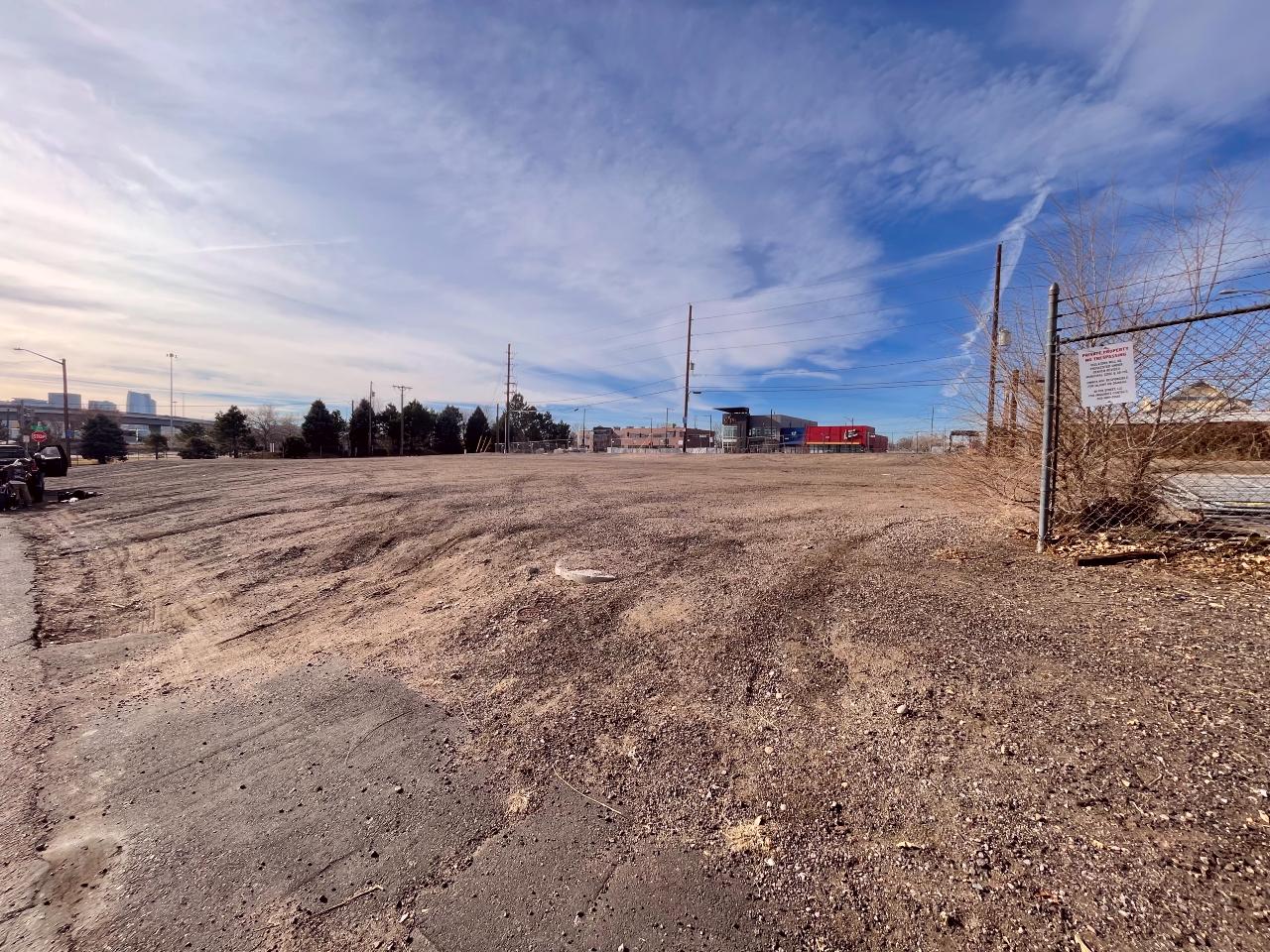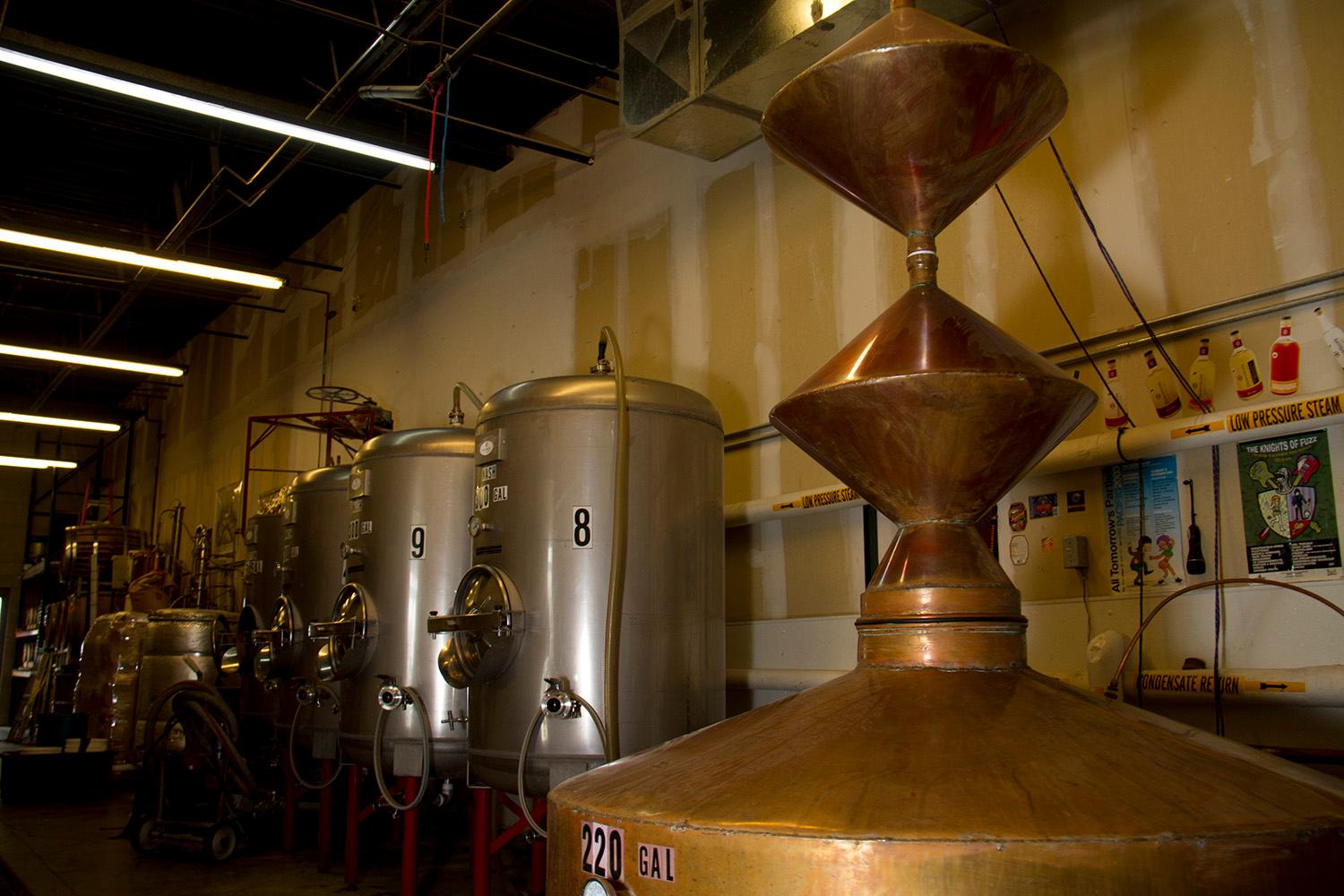
Coloradans can brew their own beer. They can cultivate their own cannabis.
But they can’t make their own whiskey.
That’s why when Alan Laws decided to open Laws Whiskey House in Denver, he read books and traveled to the South to learn from a Kentucky Bourbon Hall-of-Famer.
“I hired a guy who became my Yoda essentially,” Laws said.
Hiring a mentor is one of the handful of options for would-be distillers looking to get into the rapidly growing craft spirits industry. Few training programs exist nationwide and practicing at home is barred by the federal government.
Illegally making liquor could lead to toxic results and divert millions of tax dollars from the state and federal governments.
Neither the Colorado Distillers Guild or American Distilling Institute are pushing to give hobby distillers the same advantage as home brewers: the chance to hone their alcohol making skills to professional quality.
“Lack of knowledge isn’t slowing the growth of the industry down,” said Bill Owens, president and founder of the American Distilling Institute. “On average, a new distillery opens every day.”
Craft distilling is where craft brewing was five to 15 years ago, depending on who you ask. In 2015, craft brewers reached pre-Prohibition levels with more than 4,100 breweries throughout the nation.
Distillers don’t necessarily have to break the rules to make whiskey, vodka, gin and other hard alcohols.
“When we started we took six months doing research and development on operating a distillery. After that point, we hired Jake Norris who had worked at Stranahan’sand knew how to operate a still,” Laws said.
Now in its fifth year, Laws Whiskey House is distributing in six states including Colorado. Last year, the company sold about 20,000 bottles.
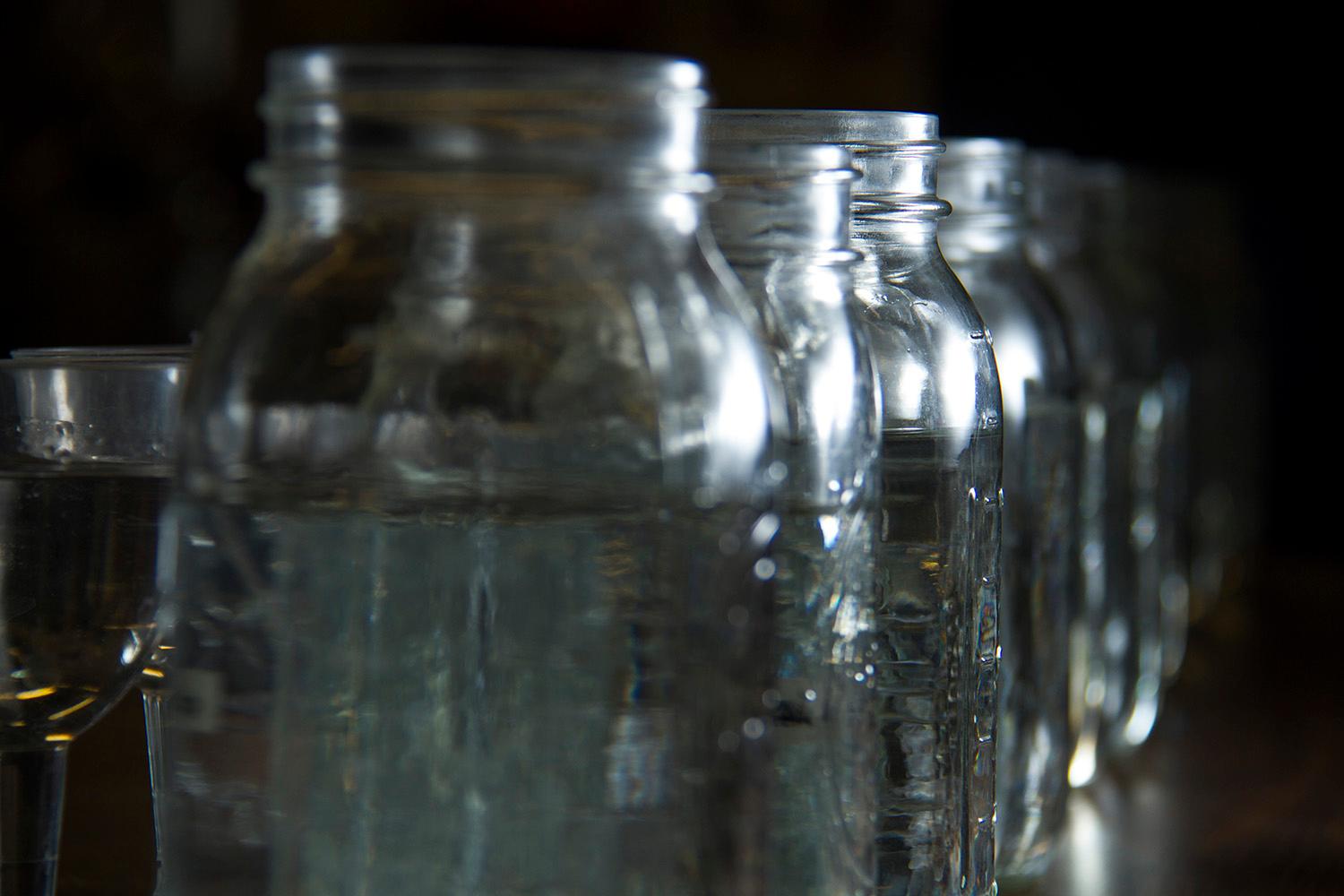
It’s still fairly rare for those experienced in the distilling industry to leave their shops – even rarer for industry insiders to start their own operations, said Sean Smiley, spokesman of the Colorado Distillers Guild.
The guild represents Colorado's 82 licensed distilleries from Pagosa Springs to Fort Collins.
Nationwide, there are 1,001 distilleries, up from just 68 a decade ago, according to the American Distilling Institute.
“How does someone get into this industry? A lot of people just distill illegally at home. The likelihood is probably low that anyone’s going to throw you in jail,” Smiley said. “The Guild doesn’t support it, but we’re not naive, either.”

Home distillers can take advantage of free-flowing information in the alcohol business. Many craft spirit shops are happy to show off their operations and share their tricks of the trade. A few, like Downslope Distilling in Englewood, take educating potential alcohol producers a step further, offering classes on a regular basis.
“One of the reasons we do it is to make sure they’re making a good spirit. When someone makes a not-so-good spirit it reflects poorly on all of us in the industry,” said Mitch Abate, head distiller at Downslope.
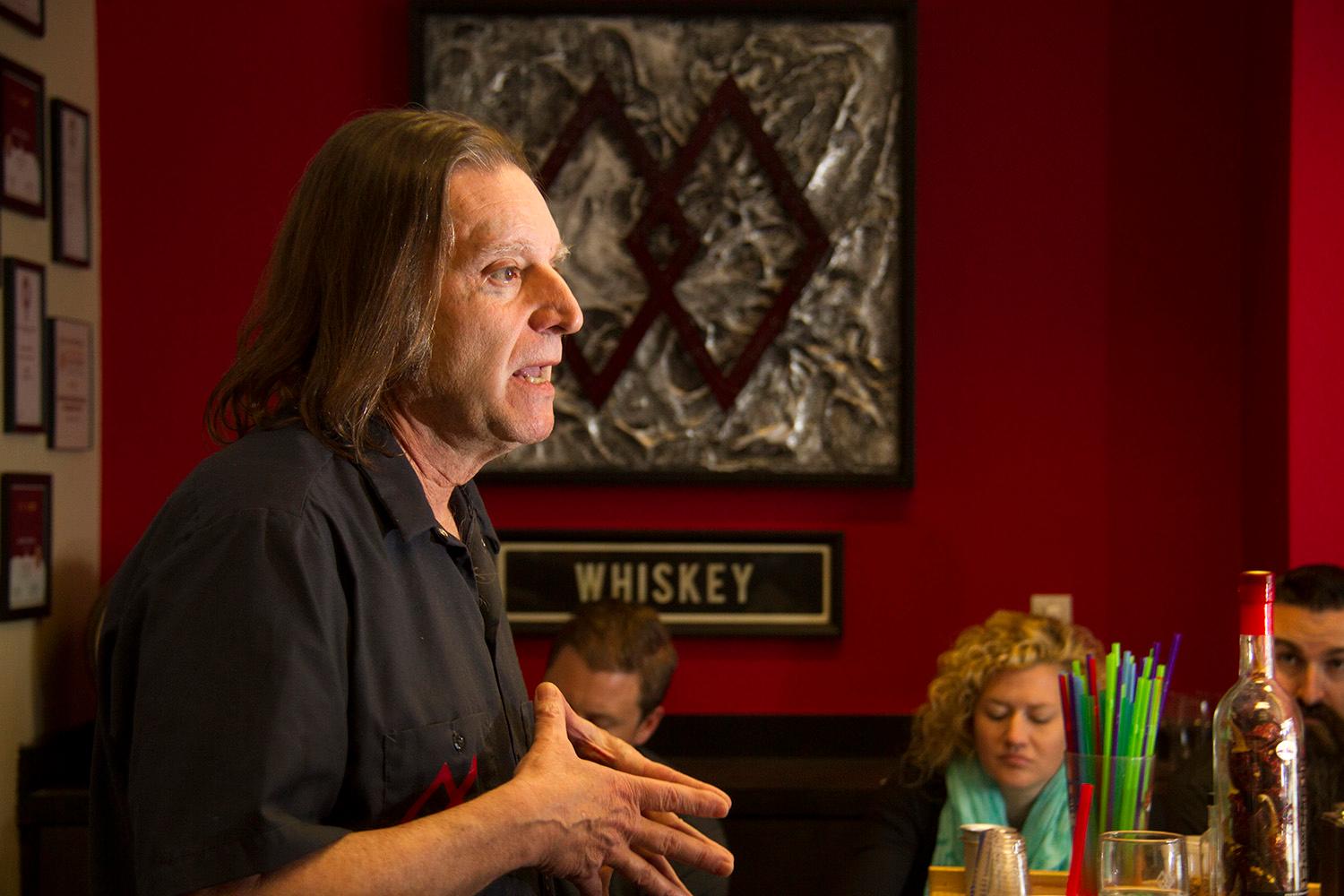
More than 600 people have went through Downslope’s two-day workshop, Abate said. Individuals pay $525 each; groups of two more pay $475 per person.
The price is “reasonable,” considering similar courses can cost upward of $4,000, he said.
For the cost of tuition, students can pick up an academic minor from the Michigan State University Distilling Program, one of the only distilling programs offered by a higher-education institution.
“It’s not easy to start a distilling program from a university standpoint because students are working with hazardous materials,” said MSU professor Kris Berglund. “You have to have a specialized facility, and it’s hard to justify building one for a distilling program.”
Distillers work with flammable alcohol vapors and liquids. Failure or improper use of cooking equipment can lead to deadly explosions.
“I don’t know how easy you want to make getting into distilling,” Berglund said. “You want serious people entering this industry.”
Business & data reporter Adrian D. Garcia can be reached via email at [email protected] or twitter.com/adriandgarcia.

